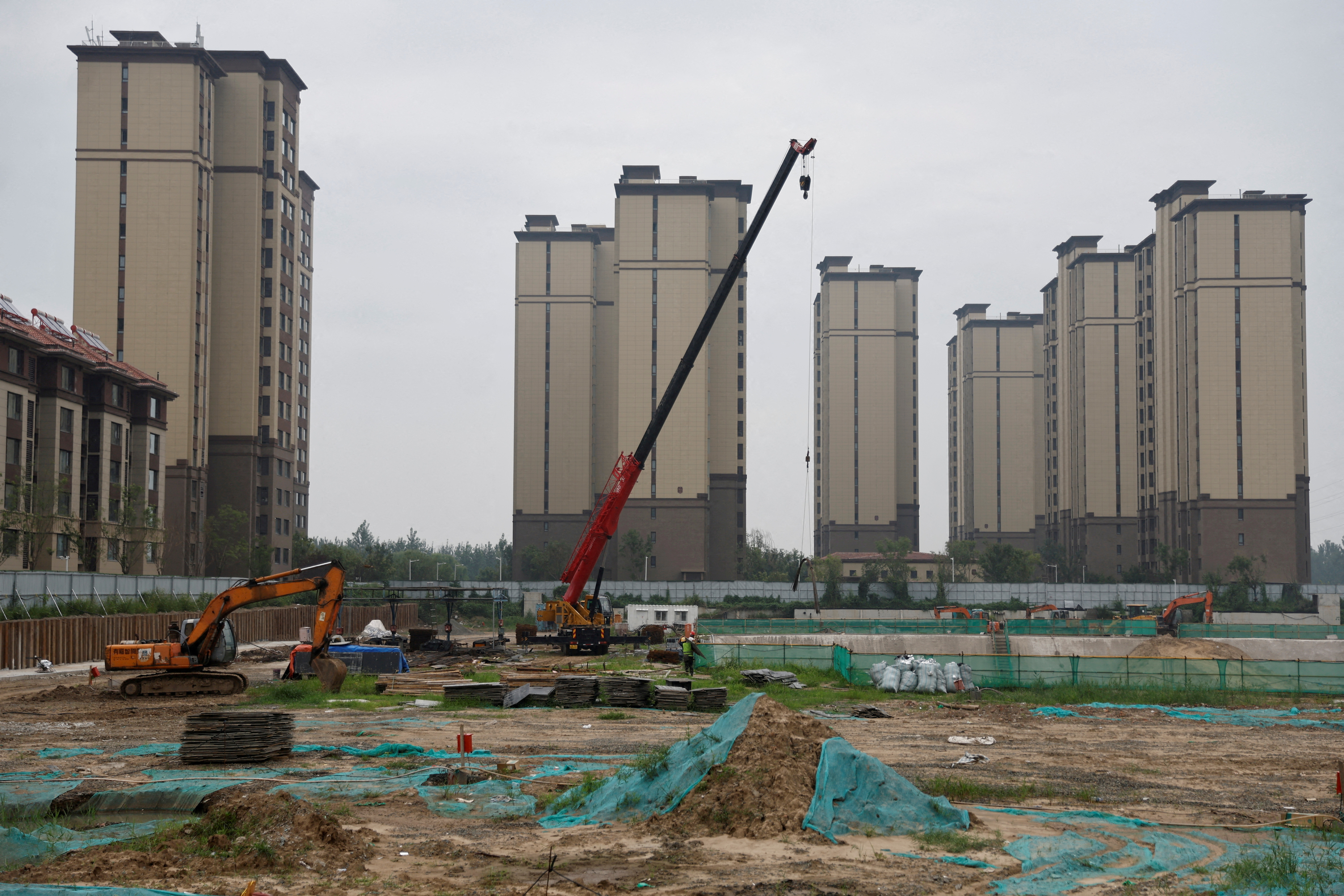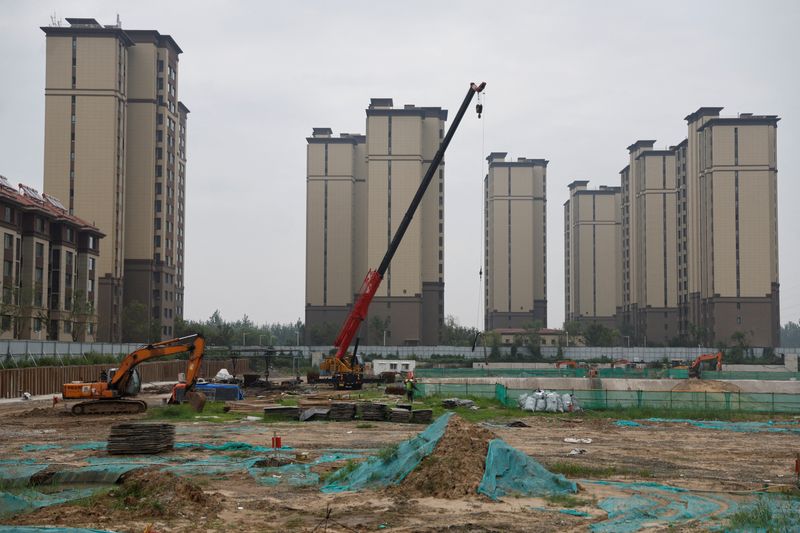As part of the restructuring terms, a portion of its debt would be exchanged into convertible bonds backed by its Hong Kong-listed shares along with new notes with maturities of between two and nine years.
“I will treat it as a positive ... We haven’t seen much progress on the offshore market, so this shows at least some Chinese developers are trying to reach an agreement,” said Gary Ng, senior economist at Natixis Corporate and Investment Bank.
If the plan could be implemented well, and depending on whether the recovery of China’s property market could generate sufficient cash flows, investors would be able to get something back, he added.
Hong Kong-listed shares of Sunac were up more than 4 per cent at 0310 GMT, while Country Garden was trading 1 per cent higher.
While Sunac is among a string of Chinese developers that have defaulted on their offshore debt obligations since an unprecedented liquidity crisis hit the property sector in 2021, Country Garden has not missed any offshore payments yet.
Major developers in the process of restructuring their debt include China Evergrande Group, whose liquidity crunch was a turning point in the country’s real estate crisis.
The latest debt deals with creditors will give some breathing room to Chinese developers and help them avoid a default or a messy liquidation process, but the success of the agreements will depend on a recovery in the property sector.
Even as Beijing implements measures to prop up the sector, house prices have continued to decline – latest data show new home prices fell at their fastest pace in 10 months in August, while falls in real estate investment and sales deepened.
ANZ Senior China economist Betty Wang said the support measures could spur some “genuine demand” especially ahead of the traditional sale season during late September/early October in top-tier cities.
“However, the pace and the extent of such a turnaround will be much smaller than in previous cycles,” she said in a report published on Tuesday.
“It’s also questionable whether it will kick off a sustainable rebound, especially considering the uncertain job outlook, deteriorating income inflows, a shift in expectations, and potential increase in housing supply in the long-term.” REUTERS



 SUNAC CHINA HOLDINGS LIMITED
SUNAC CHINA HOLDINGS LIMITED